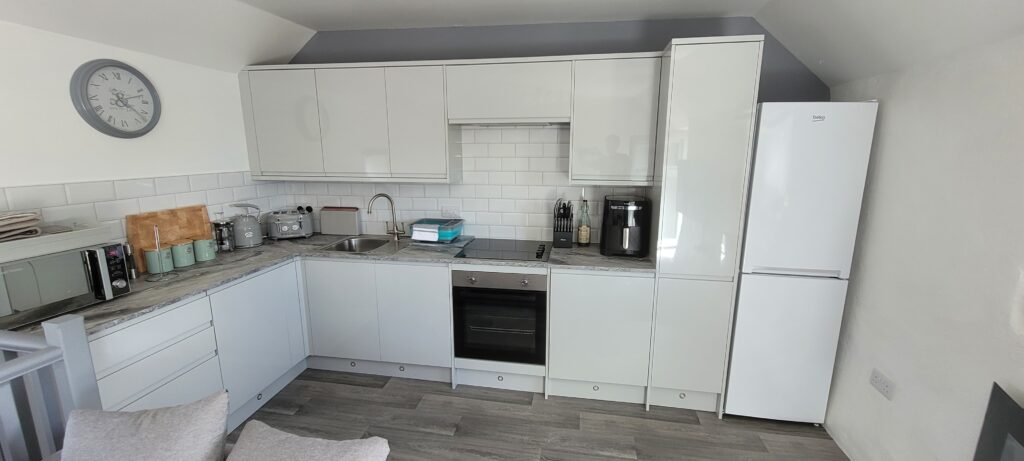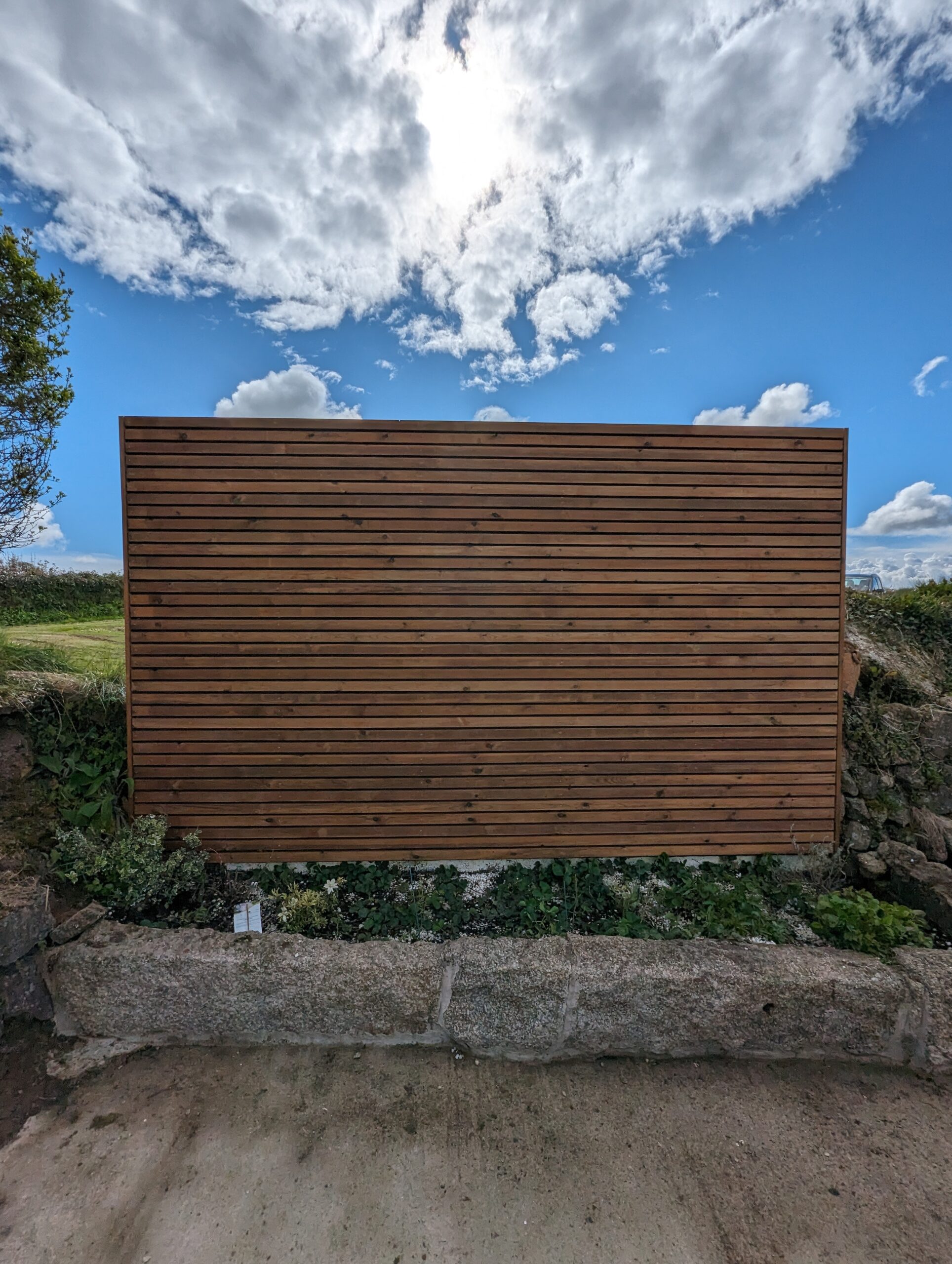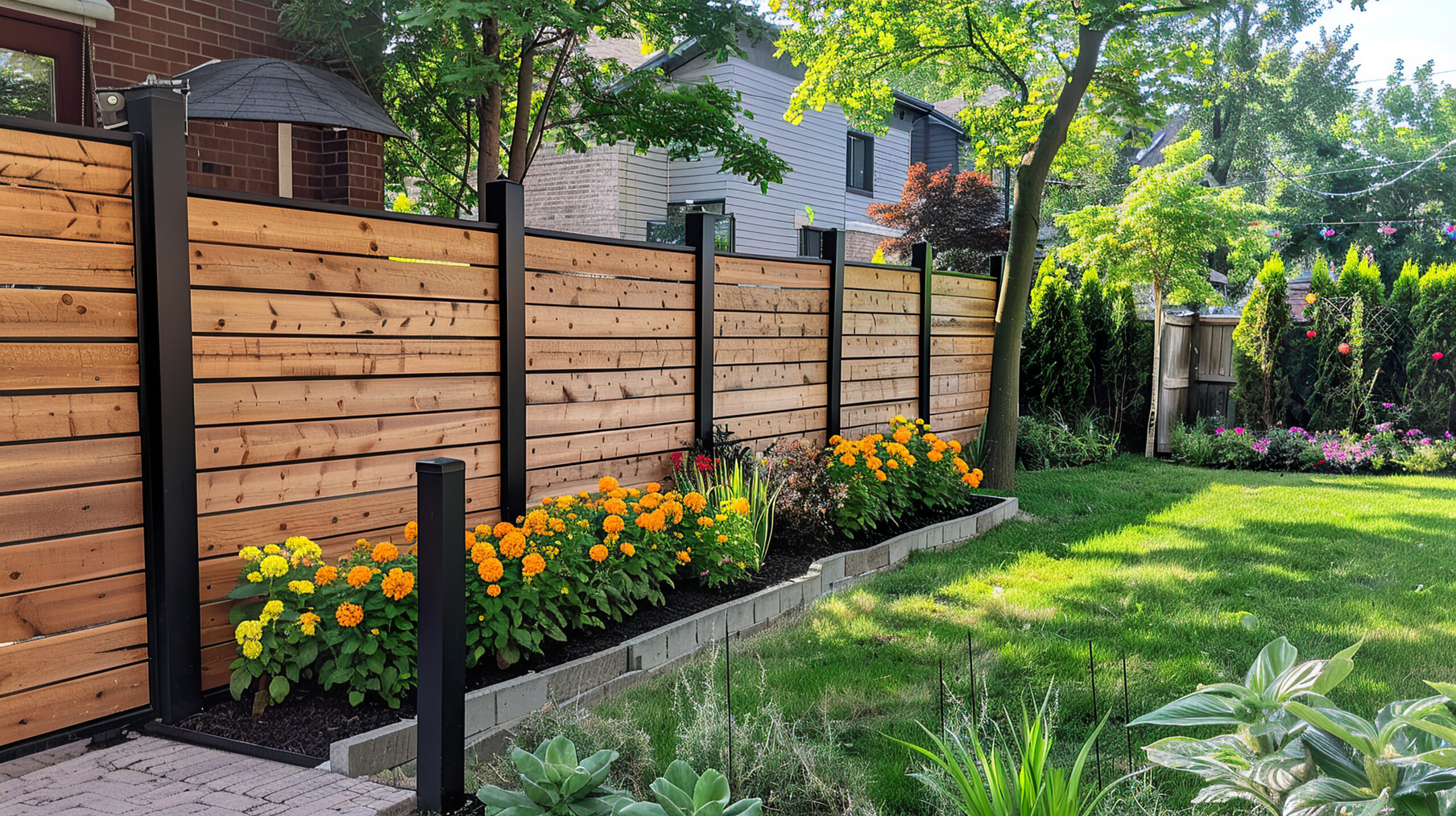Thinking of renovating your home but unsure where to begin? You’re not alone—and choosing the right upgrades can make all the difference. While some renovations are great for improving daily comfort, others have the power to significantly increase your property’s market value. After conducting research, we concluded that the following figures represent the approximate value added by key renovations to a typical three-bedroom house in the UK, based on an estimated property value of £250,000. From extensions and kitchen upgrades to energy-efficient improvements, this breakdown will help you decide where to invest for the best return.
| Type of renovation | Average Cost in | % value added to property | Increase in property value in £ | Return |
| House Extension | £35,000 | 25% | £62,500 | £27,500 |
| Energy Efficient Home Updates | £12,000 | 5-12% | £12,500–£30,000 | £500 – £18,000 |
| Bathroom renovation | £7,000 | 5% | £12,500 | £5,500 |
| Gardening | £7,500 | 7.5% | £18,750 | £11,250 |
| Decorating | £3,000 | 5% | £12,500 | £9,500 |
| Drive way & off street parking | £12,000 | 10% | £12,500–£25,000 | £13,000 |
| Kitchen Renovation | £12,000 | 10% | £25,000 | £13,000 |
1. House Extension
Extending your home is a high-impact way to increase both living space and market value. Whether it’s a conservatory, loft conversion, garage conversion, cellar renovation, or even a double-storey build, these types of extensions offer flexibility for growing households and can significantly boost the appeal of a property. On average, a well-planned extension can add up to 25% to your home’s value—equating to a £62,500 increase on a £250,000 property.
With typical project costs around £35,000, the potential return of £27,500 makes this one of the most financially rewarding upgrades. Beyond resale value, homeowners benefit from the enhanced functionality and comfort these extensions provide.
2. Energy Efficient Home Updates
Investing in energy-efficient upgrades is not only good for the environment, but it can also add significant value to your property. Improvements such as insulation, triple glazing, air source heat pumps, and especially solar panels are increasingly popular with modern buyers. In fact, solar panel installations alone can add up to £20,000 to a home’s market value.
On average, a package of energy-efficient improvements costs around £12,000, and can increase property value by 5–12%, which equates to a £12,500 to £30,000 uplift on a £250,000 home. Depending on the scope of upgrades, the return on investment ranges from £500 to £18,000, making this a practical and future-focused choice for homeowners.
3. Bathroom Renovation
Upgrading the bathroom is a smart way to improve both functionality and property value. A modern, well-finished bathroom is a key selling point for buyers and can make a strong impression in both residential sales and rental listings. On average, a full bathroom renovation costs around £7,000 and can increase a property’s value by approximately 5%, adding £12,500 to the value of a £250,000 home.
With a potential return of £5,500, bathroom renovations offer a solid return on investment, especially when outdated fittings, poor layouts, or water damage are addressed as part of the upgrade.
4. Gardening
Transforming your outdoor space isn’t just about looks—it can have a major impact on your home’s value too. With demand for usable gardens on the rise, well-executed landscaping is a powerful way to increase appeal and functionality. A typical garden improvement project costs around £7,500 and can add approximately 7.5% to your property’s value—equivalent to £18,750 on a £250,000 home.
That translates to a potential return of £11,250, making garden upgrades a rewarding investment, especially for homeowners looking to maximise space without building extensions.
5. Decorating
Sometimes it’s the simplest changes that deliver the biggest visual impact. Fresh paint, updated finishes, and modern colour schemes can instantly transform a tired interior and significantly increase the perceived value of a home. With an average spend of £3,000, general decorating work can boost your property’s value by around 5%—adding £12,500 to a £250,000 home.
This results in a strong potential return of £9,500, making decorating one of the most affordable and effective ways to refresh your space before selling or letting.
6. Driveway & Off-Street Parking
Creating a dedicated parking space or upgrading an existing driveway can be a highly effective way to boost the value and practicality of your property—particularly in urban areas where off-street parking is at a premium. With an average investment of around £12,000, this upgrade can add as much as 10% to the value of a home, which is equivalent to £12,500 to £25,000 on a property worth £250,000.
That translates to a potential return of £13,000, making it not only a convenience for current use, but also an attractive feature for future buyers.
7. Kitchen Renovation
A modern, well-designed kitchen remains one of the most desirable features for prospective buyers. Whether you’re replacing outdated units, upgrading appliances, or fully redesigning the space, a kitchen renovation can dramatically improve both function and visual appeal. With an average cost of £12,000, a new kitchen can add around 10% to the value of your property—equivalent to £25,000 on a £250,000 home.
This gives a potential return of £13,000, making it one of the strongest value-adding upgrades you can invest in when renovating your home.

Top 3 Renovations That Add the Most Value to Your Property
If you’re renovating with the goal of increasing your property’s market value, some projects consistently deliver better returns than others. Leading the pack is the house extension—a major upgrade that not only adds valuable square footage but can increase a home’s value by up to 25%. With an average cost of £35,000 and a potential value boost of £62,500, it’s a standout investment for homeowners looking to unlock long-term equity.
Next up is driveway and off-street parking, a practical yet highly valuable improvement—especially in busy towns or urban settings where parking is limited. For an average spend of £12,000, you could see an increase of up to £25,000 in property value, offering an excellent return for a relatively straightforward project.
Finally, a kitchen renovation rounds out the top three. As one of the most used and visually important areas of the home, an updated kitchen adds both appeal and function. With an average cost of £12,000 and a typical value increase of £25,000, this upgrade can deliver a return of around £13,000, making it a reliable choice for adding both comfort and resale appeal.
If you’re prioritising return on investment, these three renovations offer the strongest potential to increase your property’s value—making them smart, strategic choices for any homeowner.
Turning Your Holiday Home Into a High-Value Asset
When it comes to holiday lets, first impressions, comfort, and functionality all contribute to booking success—and ultimately, property value. Strategic upgrades such as kitchen renovations, modern bathrooms, energy-efficient improvements, and off-street parking not only increase long-term resale value, but also directly influence how your property performs on short-term rental platforms like Airbnb.
A stylish, well-equipped kitchen appeals to guests who prefer to cook and dine in, especially during longer stays. A new bathroom with modern fittings adds a sense of cleanliness and luxury, which is frequently reflected in positive reviews. Upgrades like energy-efficient heating, insulation, and solar panels can lower running costs and appeal to eco-conscious travellers, while also reducing future maintenance expenses.
Meanwhile, off-street parking is a practical feature that can improve both accessibility and booking conversion rates—particularly in rural or coastal areas where parking is limited. Outdoor improvements like garden landscaping and patio areas also make a property more photogenic, increasing visibility and desirability in listings.
Combined, these upgrades help your holiday home stand out in a competitive rental market, allowing you to charge higher nightly rates, achieve better occupancy, and ultimately command a higher property value when it’s time to sell or refinance. Whether you’re a seasoned investor or just starting out, turning your holiday home into a high-value asset is all about making smart, guest-focused improvements with long-term benefits.
Which Renovations Are Right for Your Home?
The most effective home improvements are those that enhance comfort, functionality, and broad appeal—without being too tailored to individual taste. Upgrades such as modernising the kitchen or bathroom, or installing energy-efficient systems, are generally considered smart choices that add long-term value. On the other hand, renovations that compromise the home’s practicality—such as removing a bedroom to enlarge a living space—can actually reduce its market appeal. It’s also important to consider your property’s location and the type of buyer it’s likely to attract when deciding which improvements are worth the investment.
Who Should You Hire for a Renovation Project in Cornwall?
At Cornwall Timber Construction, we specialise in high-quality home renovations that combine expert craftsmanship with reliable project delivery. Based in Cornwall, we work closely with homeowners to transform spaces through thoughtful design, precision building, and a trusted network of local tradespeople. Whether you’re extending your home, modernising tired interiors, or carrying out a full-scale renovation, we manage every stage of the process with professionalism and care. With a strong reputation for quality and attention to detail, we’re here to help you turn your property vision into a lasting investment.

